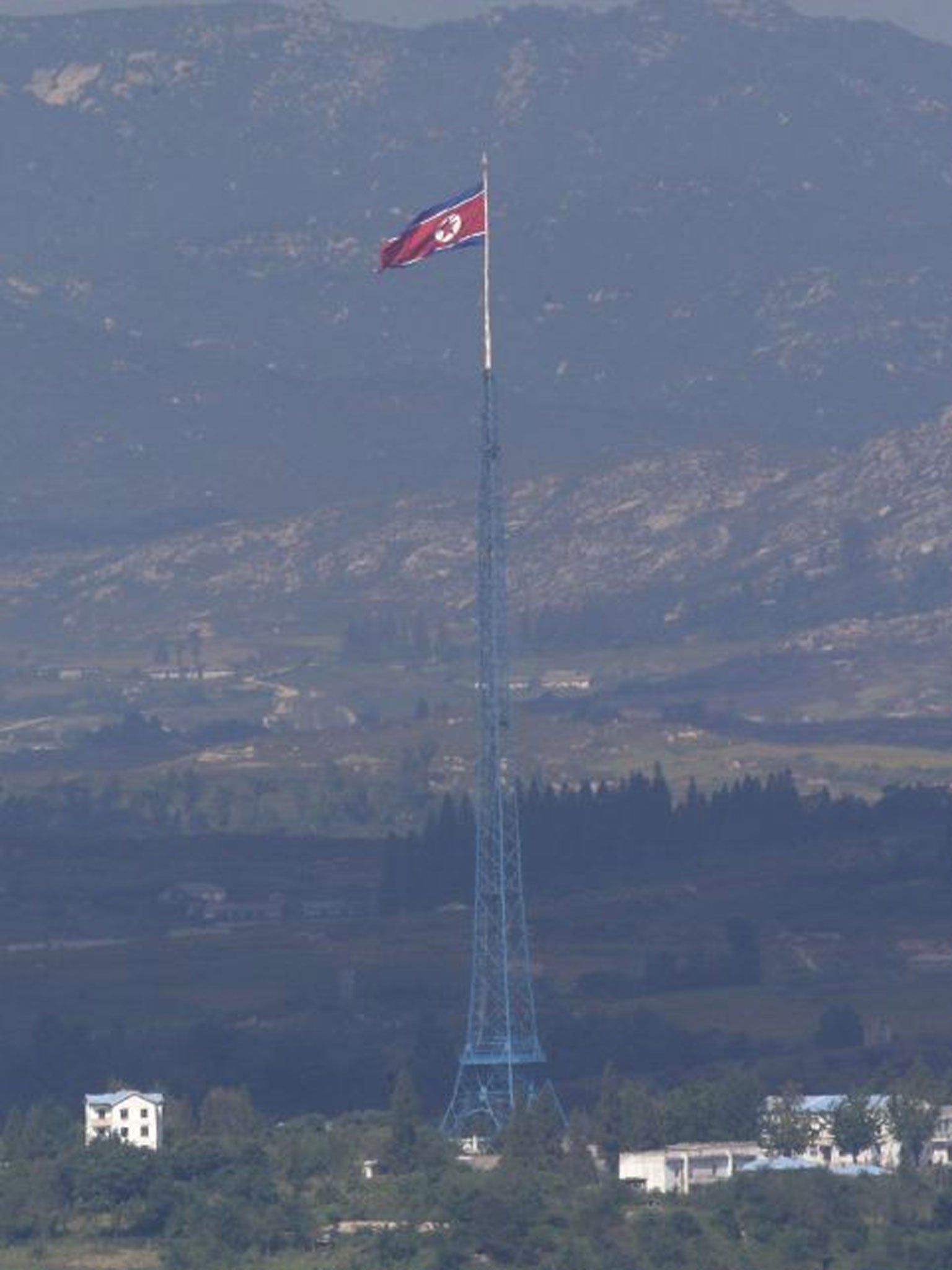South Korean defectors flee TO North Korea ‘in search of better life’ - but end up in detention for up to 45 months
Official in Seoul reveals details of preliminary investigation which the six men and one woman had ‘vague hopes’ they would be well treated in the Communist state

More than 25,000 North Koreans have defected to South Korea in the last 60 years in search of a better life. It is incredibly rare for them to pass anyone trying to sneak over the border the other way.
On Friday six men and the corpse of a woman were sent back from North Korea after an ill-fated trip which, an official in Seoul has now revealed, stemmed from “vague hopes” they would be well-treated in the Communist state.
After posting a series of pro-North Korea messages online, one of the men saw his pen name appear in the state’s main newspaper, Rodong Sinmun, and as a result thought he would be welcomed in the country.
Others were suffering from business failures or family troubles, and believed defection represented an opportunity for a fresh start.
Yet after the ordeal of crossing the border – either by trekking across frozen rivers from China or jumping from a cruise ship on waterways separating the two countries – the men were met with a very different fate.
All were held in North Korean detention facilities for the duration of their stays, which ranged from 14 to 45 months. One man said he was kept in solitary confinement for the entire time, while another reportedly received no medical treatment for a kidney stone he suffered while imprisoned.
In the most tragic individual case, the South Korean official quoted one of the men saying he had strangled his wife when they were detained together, and then tried and failed to kill himself. North Korean officials had previously said the woman died following a “quarrel” with her husband.
The official in Seoul has remained unnamed because an investigation is underway to establish the precise movements and motivations of the group. Agencies reported that at least one other official has confirmed the substance of his reports.
The ongoing preliminary inquiries will establish whether the South Korean authorities can formally arrest the six men, aged between 27 and 67, ahead of a full investigation. Under strict anti-North security laws, anyone caught defecting faces up to 10 years in prison.
The stark details of the group’s ordeal seem to have been released to the South Korean media quite deliberately, and will be expected to act as a deterrent against anyone else considering slipping across the border.
It is nonetheless very rare for anyone to attempt the journey from South to North – and a rarer still sign of cooperation between the countries that they should be returned.
In a statement issued through the North Korean state media on Friday, officials said they had released the men as a humanitarian gesture because they had “honestly admitted to and repented on their crimes”.
“They were investigated by the relevant institutions which generously pardoned them and allowed them to return to the South, where their familes are,” the KCNA news agency reported.
The release was timed to coincide with Pyongyang issuing its approval for a visit next week by 24 South Korean politicians to a recently-restarted, jointly-run industrial facility just across the border in the North.
The factory park has become something of a litmus paper measuring the state of affairs between the two countries, and was shut not long ago as the North reacted angrily to growing UN sanctions in the face of its nuclear programme.
South Korea’s Unification Ministry welcomed the release of prisoners, also describing it as “humanitarian”. Though a tiny number compared to those going the other way, it estimates that hundreds of its citizens have been stopped and detained in North Korean facilities since the end of the Korean War in 1953.
That conflict was only resolved by an armistice, not a peace treaty – meaning the Korean Peninsula still technically exists in a state of war.
Subscribe to Independent Premium to bookmark this article
Want to bookmark your favourite articles and stories to read or reference later? Start your Independent Premium subscription today.

Join our commenting forum
Join thought-provoking conversations, follow other Independent readers and see their replies